Published in the Saturday Navbharat Times on 11 May, 2024
Have you ever thought why a very beautiful verdant country enveloped in greenery is called Iceland and how can a country that has the worlds second largest ice cap of 1.7 million square kms. be named Greenland? It made me wonder how did the two countries get named in the first place? Both the countries were established by the Norse people , a group of people from Northern Scandinavia.The Norse set out across the North Atlantic Ocean, establishing settlements in Iceland in the 9th century, in Greenland in the 10th century.
Since most of Greenland is covered in ice, snow and glaciers, the Arctic nation is mostly white. So how did it get its name “Greenland” when it’s not really green? It actually got its name from Erik The Red, an Icelandic murderer who was exiled to the island. He called it “Greenland” in hopes that the name would attract settlers. While Greenland does have some green areas during the brief summer months, it's mostly covered in ice and snow year-round. So, despite its name, Greenland is not exactly green. It's more of a marketing strategy from centuries ago to attract settlers!
Interestingly, Iceland's name is thought to be the opposite of Greenland's naming irony. According to the historical narratives of Iceland called sagas, it was named by Hrafna-Flóki Vilgerðarson, another Norse explorer, who sailed to the island in the 9th century. On the way to Iceland; his daughter drowned en route and then his livestock starved to death. The sagas say that the rather despondent Flóki climbed a mountain and saw a fjord full of icebergs, which led him to give the island its name, Iceland. However, it is also said that the name might have been a strategic move to discourage others from settling there and competing for resources, which however interesting is now considered a myth!
Greenland is the world’s largest island by area and an autonomous country within the area of Denmark. Even if its so remote, humans are said to have inhabited Greenland for more than 4500 years and have many settlements there. The Inuits have called Greenland their home for centuries. However, no roads are built to connect the settlements and most of the travel is by air or by boats. It’s not surprising that the best way to travel to Greenland is by cruise. Keeping this is mind, at Veena world we have also introduced our latest cruise tour to Greenland and Iceland, departing this august. You could also join us on this extraordinary voyage and discover the icy waters of Greenland and the green landscapes of Iceland.
These irony of the naming of these countries made we wonder how are countries actually named. How did our very own country get its name? And what about England, Switzerland, Australia and New Zealand? The naming of countries can vary greatly and is influenced by a combination of historical, cultural, geographical, and political factors.
One of the most popular ways to name a place is based on the tribes or the leadership or dynasties who lived there. So France is named after the Franks, Saudi Arabia after the ruling house of the Saud dynasty, while Colombia is named after Christopher Columbus. Thailand is named after the ‘Tai’ people who lived there and Vietnam after the Viets. England's name has ancient origins, rooted in the Old English term "Englaland," meaning "land of the Angles." The Angles were one of the Germanic tribes that migrated to Britain during the Early Middle Ages, alongside the Saxons and Jutes.
In some cases, names hold deeper meanings that reflect the values and beliefs of a people. For example, the name "Japan" is derived from "Nippon," meaning "sun origin," highlighting the country's reverence for nature and the sun as a source of life. My favourite is “Aotearoa”,the Māori name for New Zealand, which translates to "Land of the Long White Cloud." It holds significant cultural and historical importance to the indigenous Māori people, who inhabited the islands long before European settlers arrived. The Dutch explorer Abel Tasman was the first European to sight New Zealand in 1642. He initially named it "Staaten Landt" (Land of the States) after the Dutch East India Company. Later, it was renamed "Nova Zeelandia" (New Zealand) by Dutch cartographers in Latin. However, it was the British explorer James Cook who, during his voyages in the late 18th century, popularized the anglicized version of the name, "New Zealand."
Countries frequently derive their names from significant geographical features found within their territories. These features could include prominent rivers, towering mountains, vast plains, expansive deserts, or distinctive coastlines. The naming of a country after such features often reflects their importance in shaping the nation's identity, culture, and history. For example, rivers have historically played crucial roles in the development of civilizations, providing water for agriculture, transportation routes, and cultural significance. Mountains often serve as natural boundaries or landmarks, symbolizing strength, resilience, and sometimes even isolation. Jordan, a land steeped in biblical history, draws its name from the iconic Jordan River, a symbol of faith and redemption. Similarly, the Niger River, coursing through West Africa's heart, bestows its name upon both Niger and Nigeria, echoing the vitality and richness of these nations. In South America, Argentina's name shimmers with echoes of the past. Derived from the Latin "argentum," meaning "silver," it harks back to a time when Spanish explorers marveled at the gleaming waters of the Rio de la Plata, the River of Silver. This captivating landscape, with its untold riches and untamed beauty, continues to captivate travelers to this day.
Country names often have deep historical roots, stemming from ancient civilizations, tribes, or rulers. Take Egypt, for example, named after the Greek "Aigyptos," which originated from the ancient Egyptian. Some names have always fascinated me and in my quest to find the etymology of names I looked up Burkina Faso.The name "Burkina Faso" translates to "Land of Honest People" or "Land of Upright People."
Coming to our very own country, Indeed, 'Bharat' stands proudly as one of India's official names, as enshrined in Article 1 of its Constitution. Rooted in Sanskrit texts and mythos, it pays homage to the legendary emperor Bharata from the Mahabharata epic. Meanwhile, 'India' traces its origins to ancient Greek and Latin writings, originally denoting the region surrounding the Indus River.
Just like our own names the country names have meaning too and often draw us to them.
Many countries have changed their names through centuries and even today the country names are evolving. But then as the famous writer Shakespeare said, What’s in a name? That which we call a rose By any other word would smell as sweet. In the grand scheme of travel and exploration, the names of countries serve as mere introductions to the rich plethora of experiences they offer. Whether it's the sun-soaked shores of Greece, known as "Hellas" to its inhabitants, or the majestic landscapes of Canada, whose name is derived from the Iroquoian word "kanata" meaning village or settlement, each country presents a world of discovery. The essence of travel lies not in the name of a destination but in the immersive exploration of its culture, natural beauty, and the warmth of its people. Our planet is a vast mosaic of places waiting to be explored, each with its unique story and charm, inviting us to look beyond the names and immerse ourselves in the beauty of our diverse world. Chalo bag bharo, Nikal pado











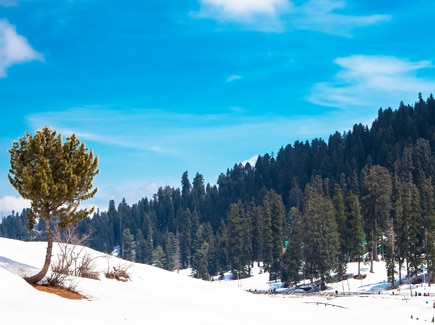
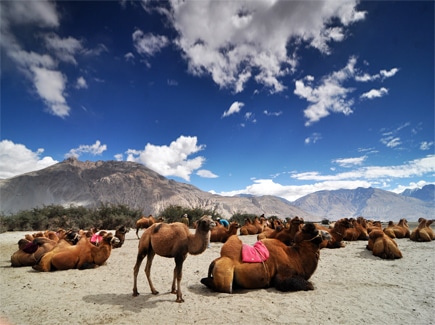
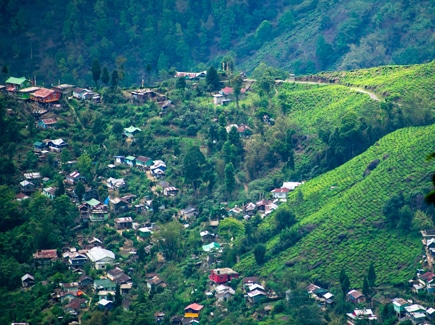
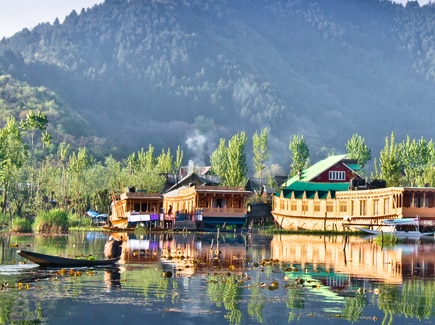
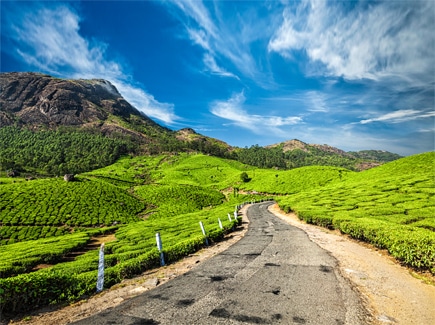
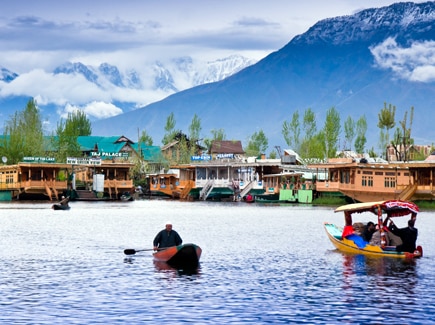
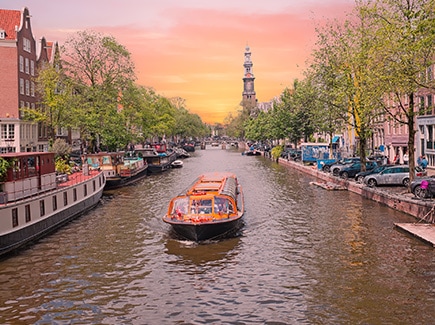
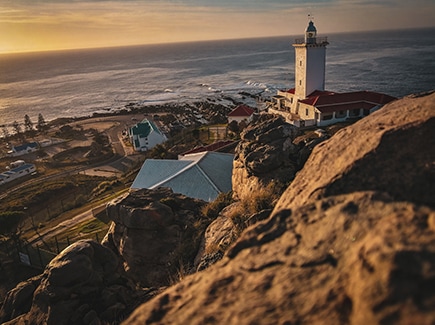
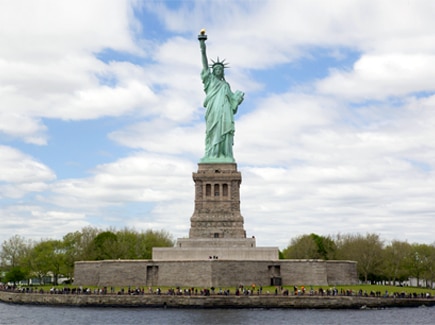

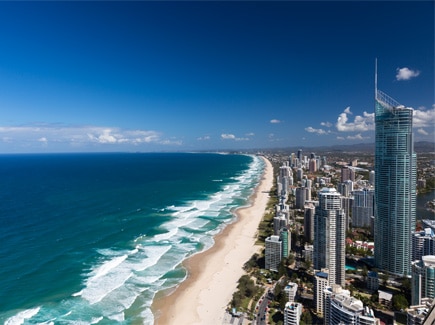











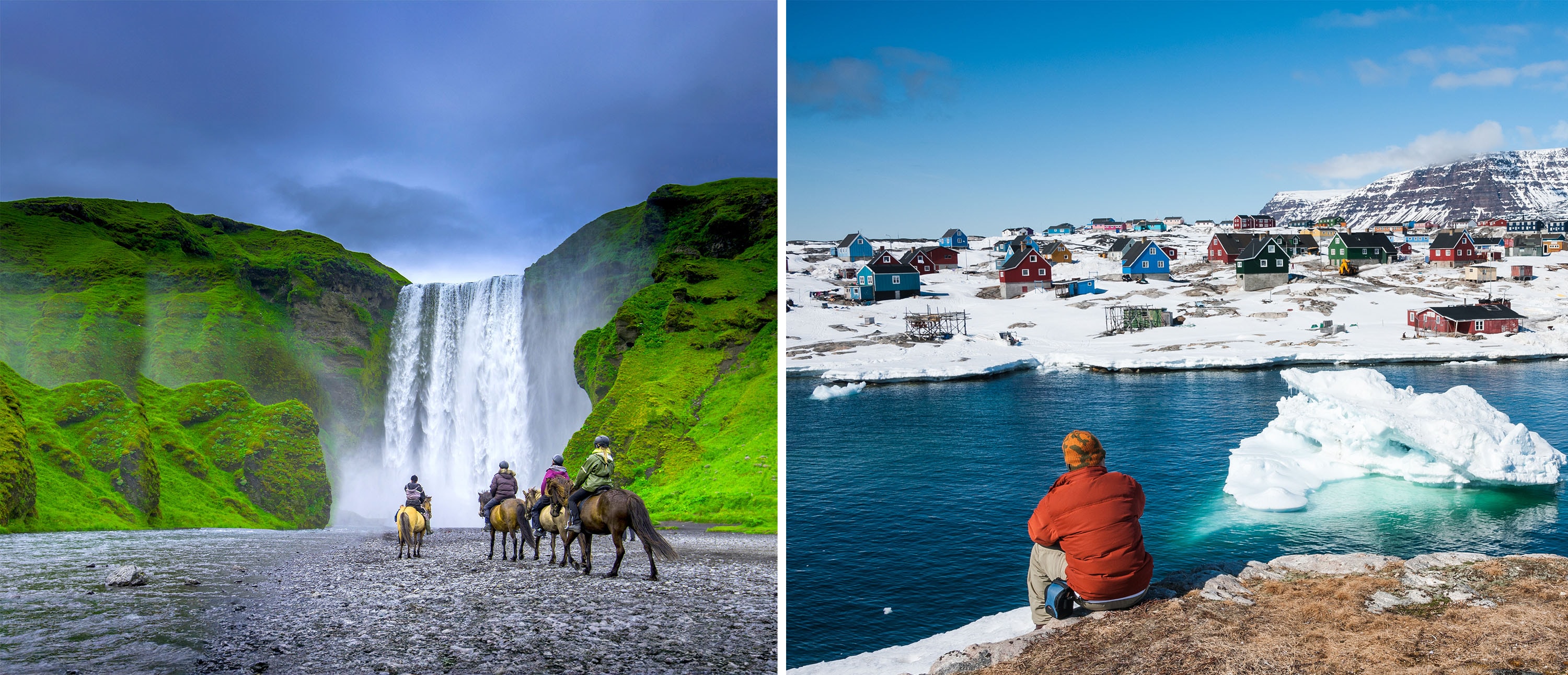




















Post your Comment
Please let us know your thoughts on this story by leaving a comment.